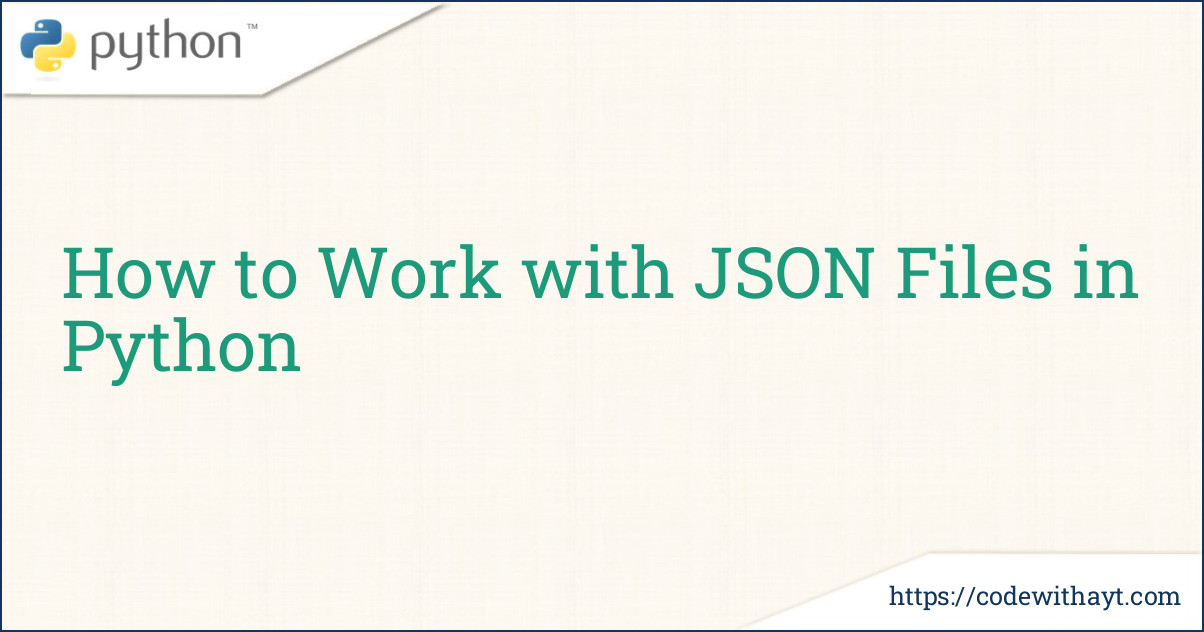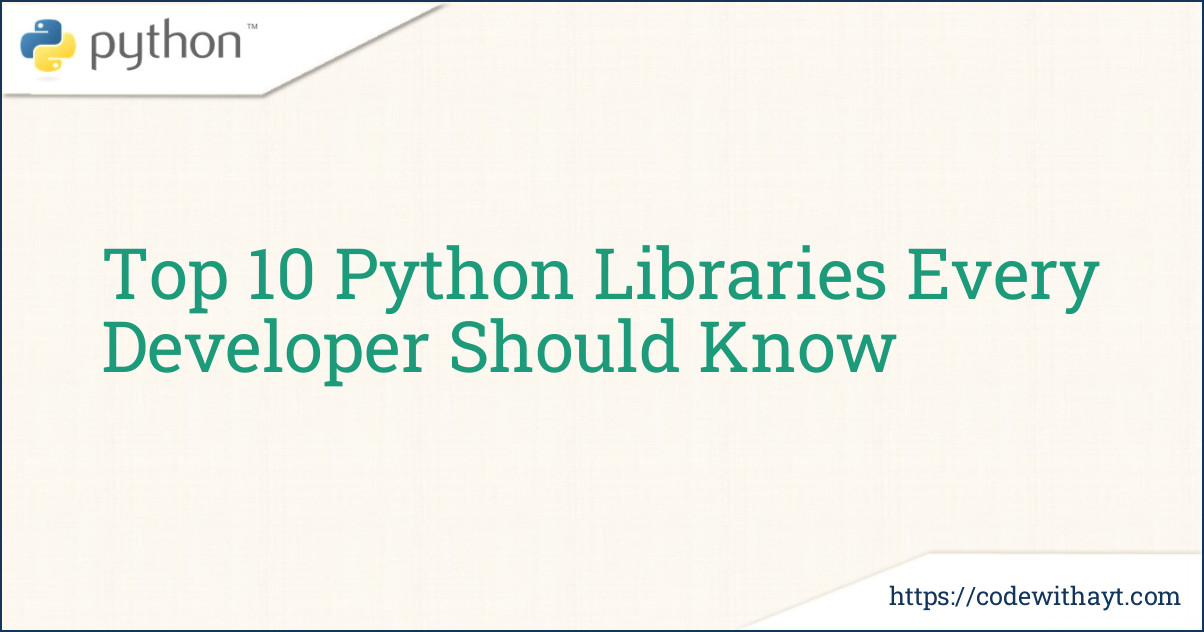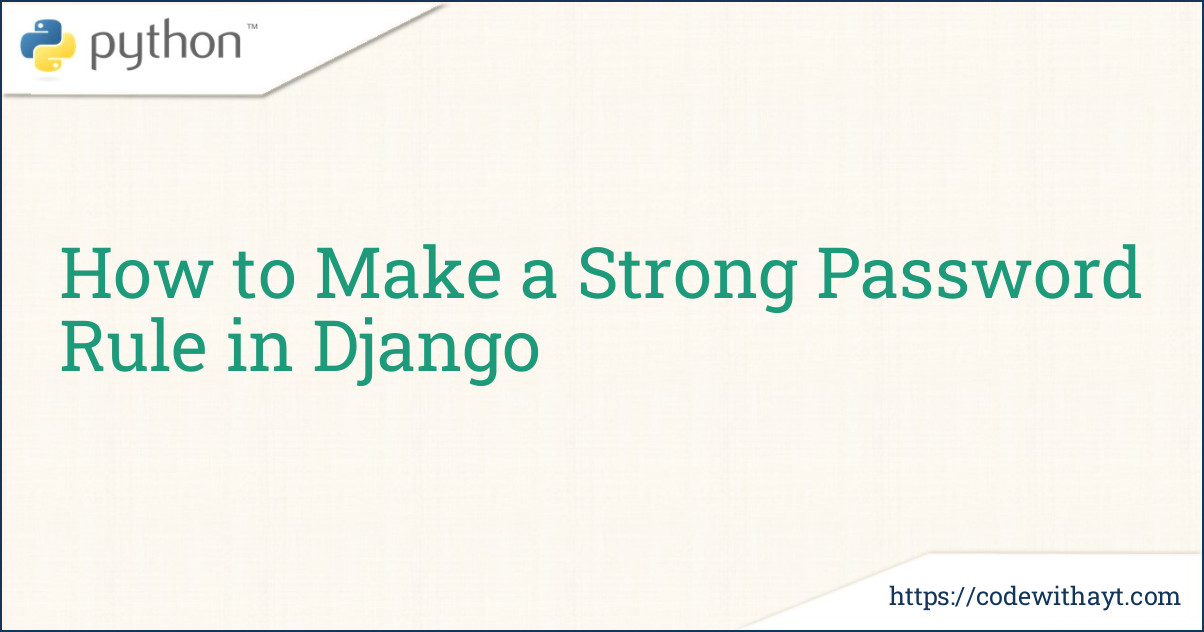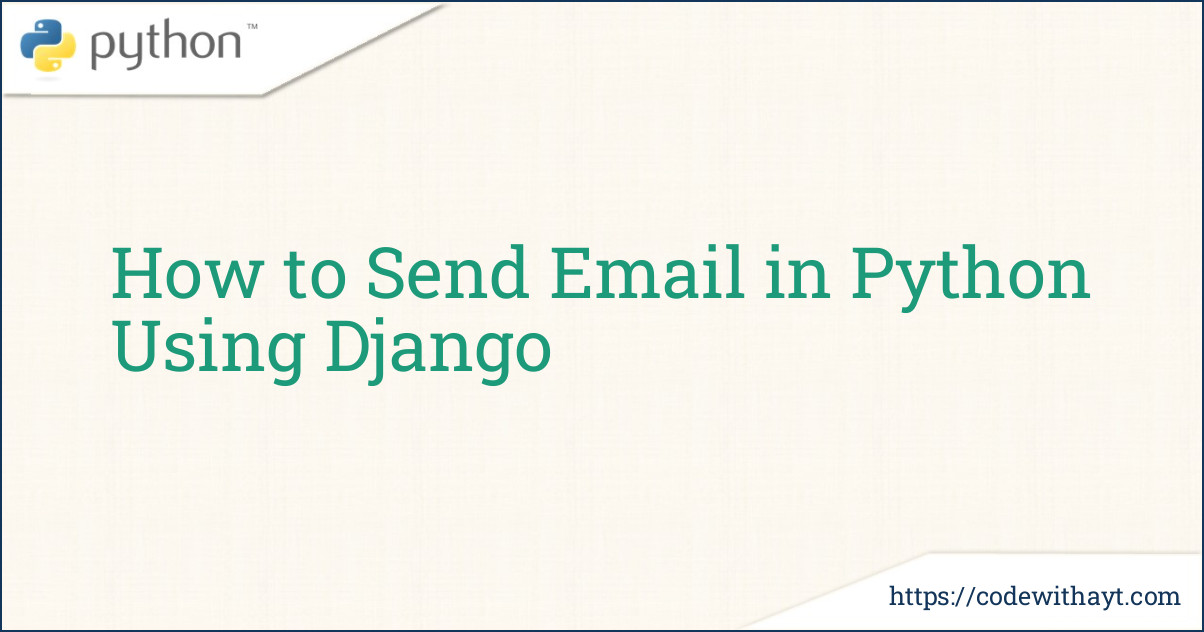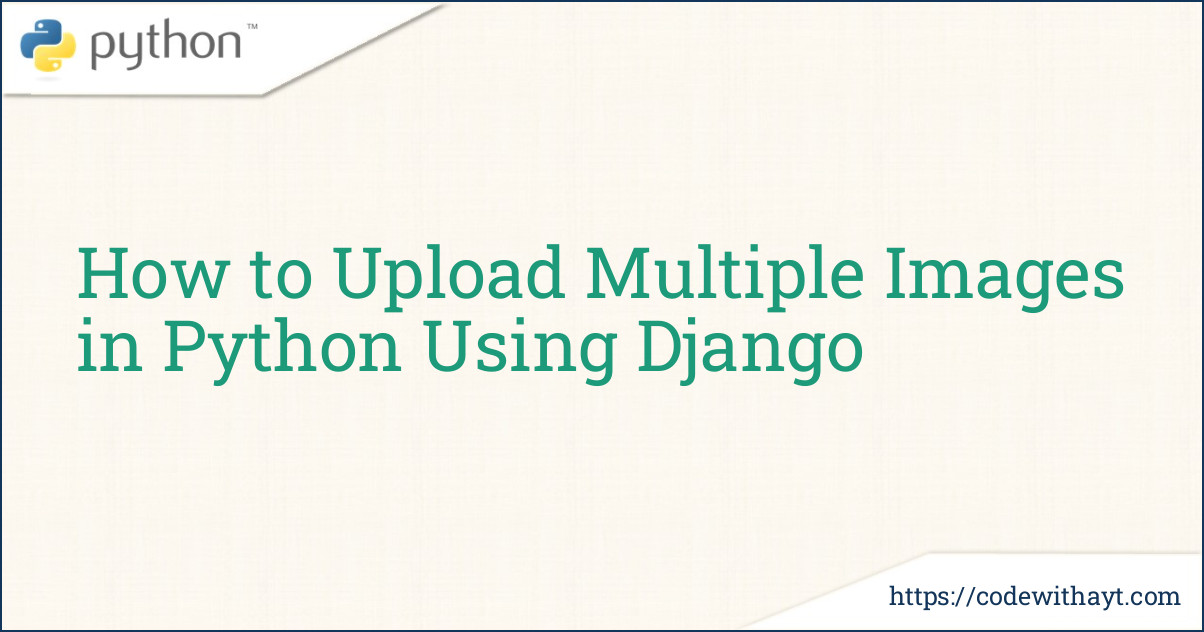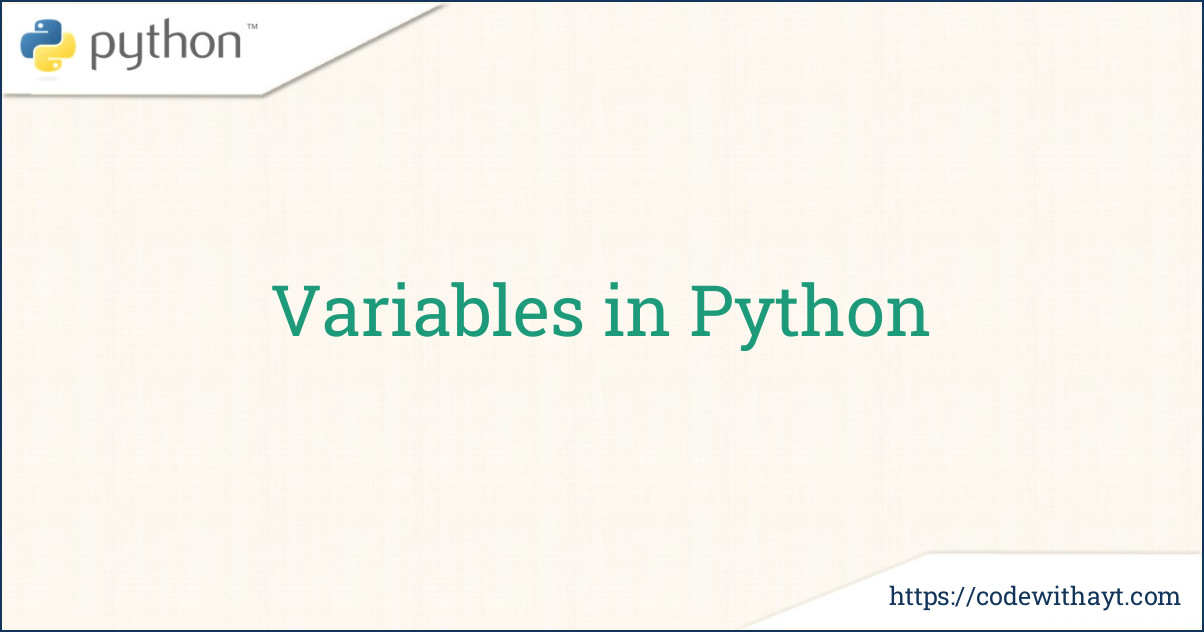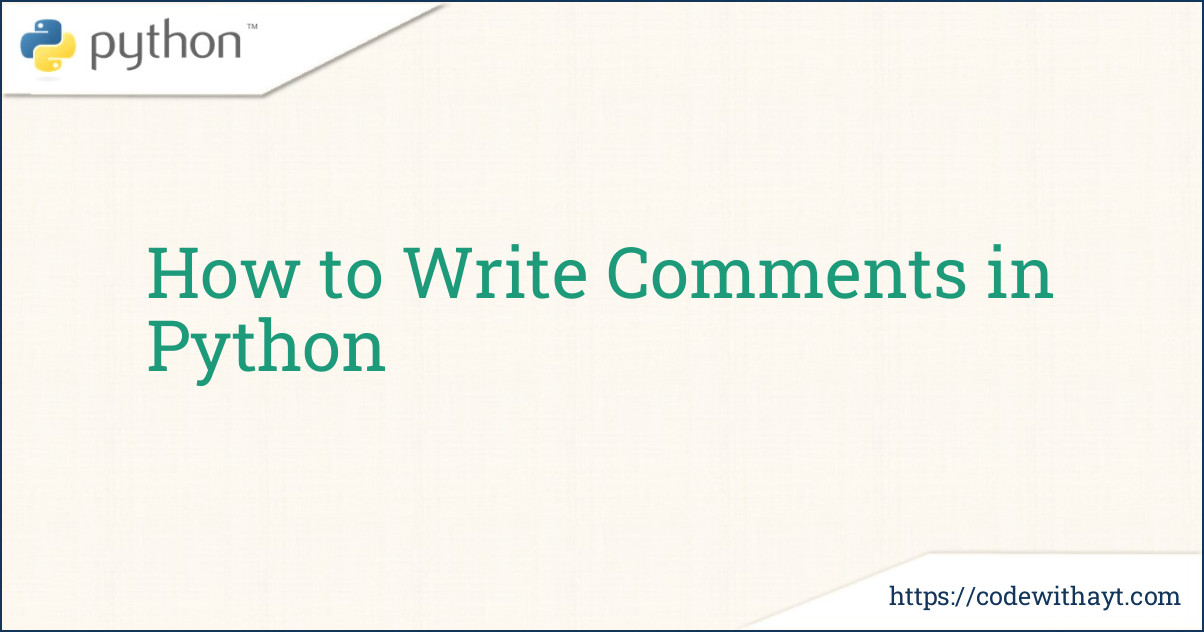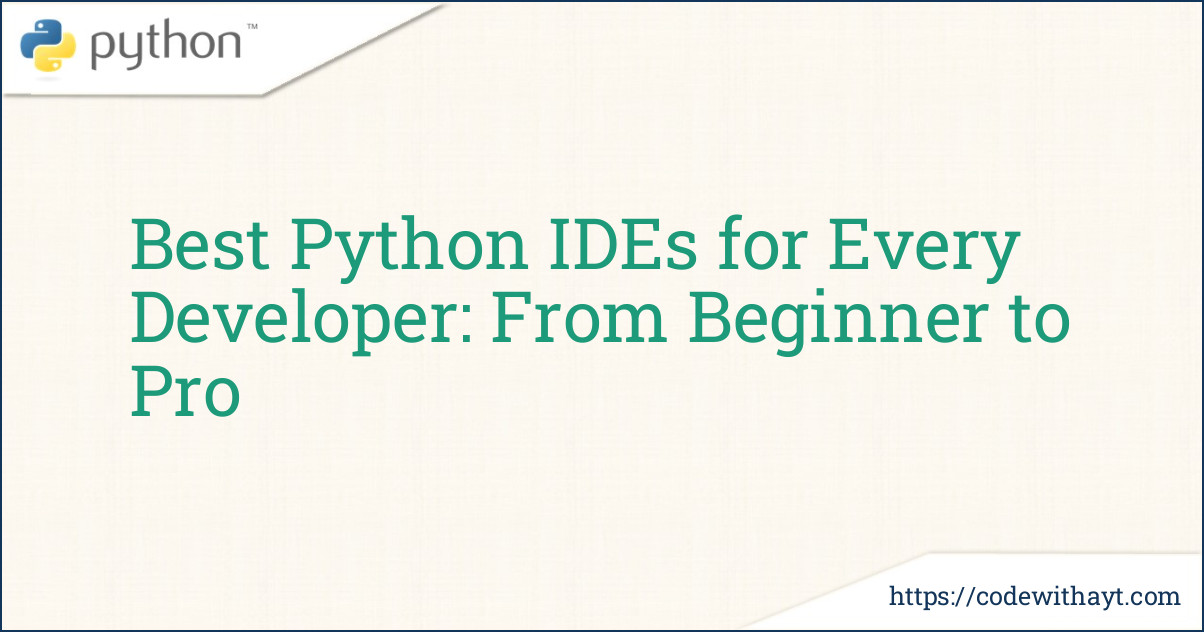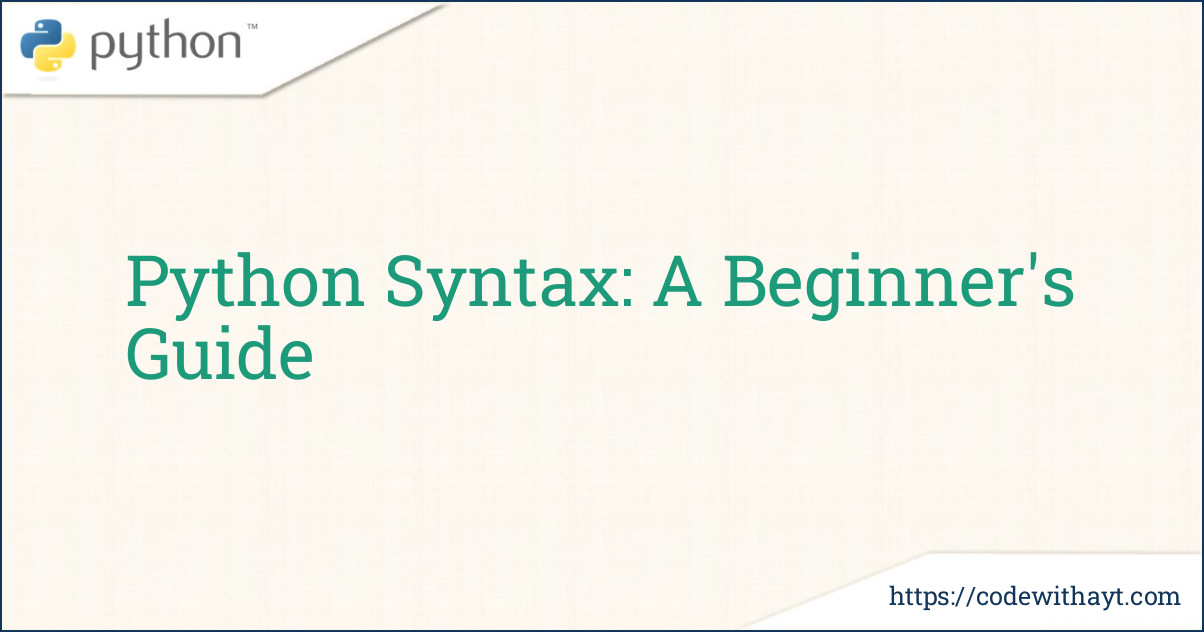Introduction to Python
Python is a powerful, high-level programming language known for its simplicity and readability. Created by Guido van Rossum and first released in 1991, Python has become one of the most popular programming languages in the world, favored by developers for its versatility and wide range of applications. Let’s explore the key features that make Python an essential tool for programmers and how it can benefit you.
1. What is Python?
Python is an interpreted, high-level programming language that supports multiple programming paradigms, including procedural, object-oriented, and functional programming. It is designed to be easy to read and write, making it an excellent choice for beginners and experienced developers alike.
2. Why Use Python?
-
Ease of Learning: Python’s clean and straightforward syntax allows newcomers to learn programming concepts quickly.
-
Versatility: Python can be used in various domains, from web development and data analysis to machine learning and automation.
-
Strong Community Support: Python has a large, active community, providing a wealth of libraries, frameworks, and resources.
3. Key Features of Python
-
Simple and Readable Syntax: Python’s syntax emphasizes readability, reducing the cost of program maintenance and enhancing collaboration.
-
Interpreted Language: Python is an interpreted language, meaning code is executed line by line, making debugging easier.
-
Dynamic Typing: Python uses dynamic typing, allowing developers to write more flexible and concise code.
-
Extensive Standard Library: Python comes with a rich set of libraries and modules that simplify many programming tasks, from web development to data manipulation.
-
Cross-Platform Compatibility: Python runs on various platforms (Windows, macOS, Linux), ensuring portability of applications.
-
Support for Libraries and Frameworks: Python boasts numerous libraries and frameworks, including Django for web development, NumPy for numerical computing, and TensorFlow for machine learning.
4. Most Important Aspects of Python Development
-
Python Packages and Modules: Understanding how to organize code into packages and modules is crucial for managing larger projects effectively.
-
Data Types and Structures: Familiarity with Python’s built-in data types (lists, tuples, dictionaries) and their operations is essential for efficient coding.
-
Object-Oriented Programming (OOP): Mastering OOP principles in Python can significantly enhance your ability to design scalable and maintainable applications.
-
Error Handling: Learning how to handle exceptions and errors gracefully is vital for building robust applications.
-
File I/O: Understanding how to read from and write to files is important for many applications, from data processing to configuration management.
-
Testing and Debugging: Knowing how to use testing frameworks (like pytest) and debugging tools will help you maintain code quality.
5. Popular Use Cases for Python
-
Web Development: With frameworks like Django and Flask, Python is widely used for building dynamic websites and web applications.
-
Data Analysis and Visualization: Libraries such as Pandas and Matplotlib make Python a favorite for data scientists and analysts.
-
Machine Learning and AI: Python’s simplicity and powerful libraries (like TensorFlow and scikit-learn) make it the go-to language for machine learning projects.
-
Automation and Scripting: Python’s ease of use makes it an excellent choice for writing scripts to automate repetitive tasks.
-
Game Development: Libraries like Pygame allow developers to create games in Python, offering a fun way to learn programming.
6. Python vs. Other Programming Languages
-
Compared to Java: Python is often seen as easier to learn due to its simpler syntax. However, Java may offer better performance for large-scale applications.
-
Compared to JavaScript: While JavaScript is primarily used for client-side web development, Python is more versatile and suited for server-side development and data analysis.
-
Compared to C++: Python's ease of use makes it a preferred choice for beginners, while C++ offers more control over system resources and performance.
7. Final Thoughts
Python’s versatility, simplicity, and strong community support make it an excellent choice for developers of all skill levels. Whether you're building web applications, analyzing data, or diving into machine learning, Python offers the tools and libraries you need to succeed.
Ready to learn more? Explore these related blog posts to boost your python skills!


